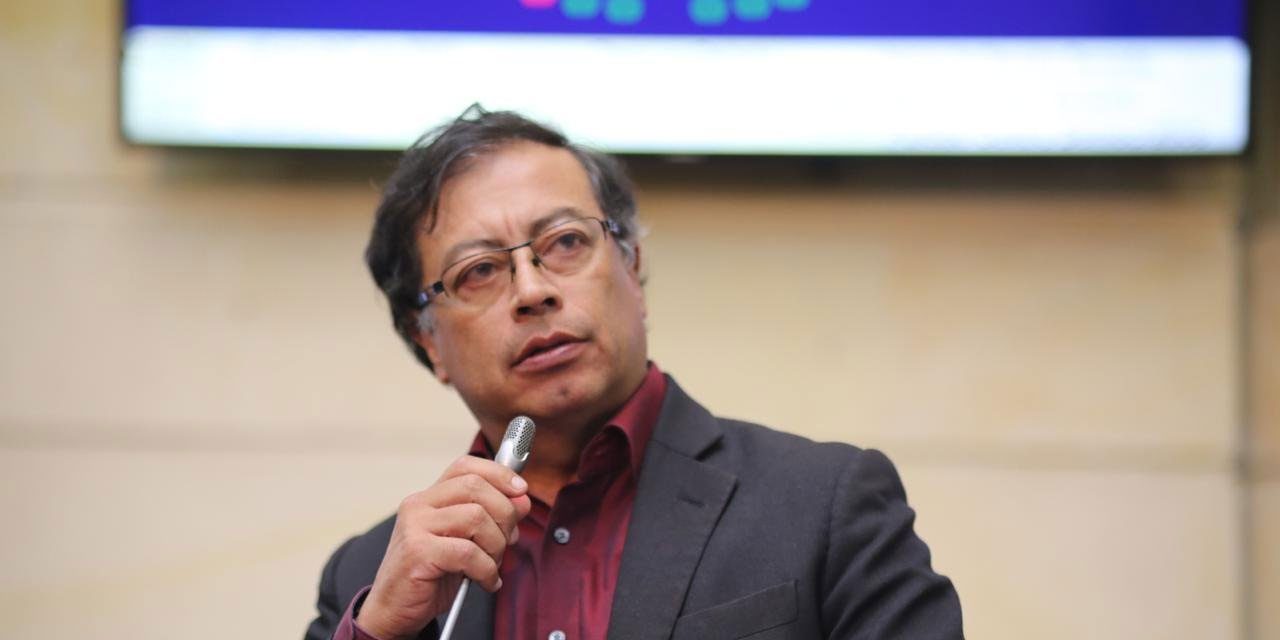The claim of the runner up in Colombia’s 2018 elections that President Ivan Duque is illegitimate has received no political support outside his party.
Opposition Senator Petro’s claim that evidence of a mafia plot to rig the elections in Duque’s favor made the president illegitimate fell on deaf ears outside his Colombia Humana party.
Civil disobedience
Notwithstanding, Petro doubled down on Monday and called on Colombians to stop paying their public utilities and stop sending their children to school as an act of civil disobedience.
This triggered a fierce response from Duque’s far-right Democratic Center (CD) party, which accused “the communist pretending to be a progressive” of “calling for anarchy and chaos.”
Duque and the CD called for civil disobedience in 2016 in protest of a peace deal with the now-demobilized FARC guerrilla group, which also received no support.
Former Medellin Mayor Sergio Fajardo, who was third in the first round of the 2018 elections, responded on Tuesday that “we need to work to overcome what is happening instead of calling for disorder, hatred and resentment.”
At the same time, Fajardo urged for serious investigation into the “Ñeñepolitica” scandal triggered by the evidence that the drug trafficking organization of Marquitos Figueroa supported Duque’s presidential ambitions.
Former candidate Sergio Fajardo
Former candidate Humberto de la Calle (Liberal Party) ignored the leftist’s claim to the presidency and call for civil disobedience.
Petro’s change of heart
Petro’s claim to the presidency is a major change of heart after initially recognizing the election results despite evidence of fraud with voting sheets.
Duque defeated his second round opponent with 10 million to 8 million votes, a gap too big for the leftist candidate to challenge the results at the time.


